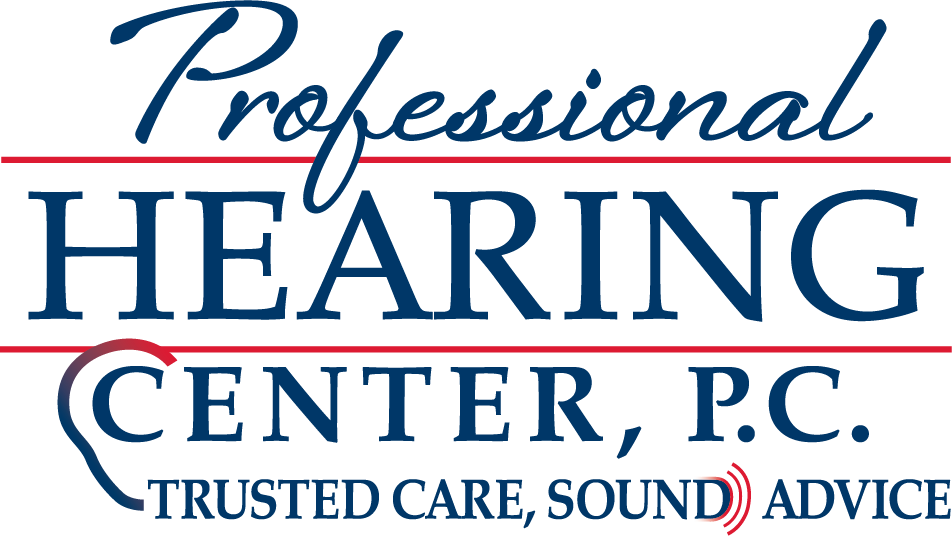
At first glimpse, hearing aids may seem similar to eyeglasses in their objective and functionality. Eyeglasses quickly correct your eyesight, bringing back clear vision. Hearing aids, on the other hand, help strengthen your ability to hear, but they don’t entirely restore hearing to the way it used to be. Understanding this key difference is significant when starting your journey with hearing aids. Establishing reasonable goals will help you get the most out of your experience and steer clear of needless frustration.
The capabilities of hearing aids
Hearing aids are extremely advanced devices developed to amplify sound, making it easier to hear in different settings. By amplifying quiet sounds and decreasing listening fatigue, they can significantly improve the quality of your interactions and total auditory experience. With today’s technology, hearing aids can even adapt automatically to different listening environments, making them smarter than ever.
However, they are not a perfect solution. Hearing aids can improve your ability to hear, but they can’t restore hearing to “normal,” especially in more complicated scenarios like noisy surroundings. Understanding the capabilities and limitations of hearing aids will assist you in establishing reasonable expectations.
Limitations related to using hearing aids?
Unlike glasses that deliver an immediate fix for vision issues, hearing aids have limitations. They enhance sound, but they are not completely successful at filtering out surrounding noise, making it difficult to hear conversations in noisy environments such as restaurants. Also, if your hearing loss is extreme or is a result of damage to the inner ear, hearing aids might not be as effective as they are for those with mild to moderate hearing loss.
This doesn’t mean hearing aids aren’t beneficial– they are. But it’s essential to understand that you might still need to concentrate more on conversations or ask people to repeat themselves in certain settings. Gradually, you’ll learn how to adjust to your hearing aids and maximize their benefits.
How audiologists verify the effectiveness of hearing aids
During the hearing aid fitting process, your audiologist plays a critical part in ensuring that the devices are correctly programmed and tailored to your particular requirements.
They will carry out tests to measure how well your hearing aids amplify sound and calibrate them based on your hearing loss profile. They’ll also teach you how to adjust volume settings, switch between programs, and troubleshoot minor issues.
If your hearing devices are not functioning correctly or causing discomfort, do not put off in returning to see your hearing care professional. You may need some fine-tuning once you begin utilizing them.
Maintenance and care
It is essential to maintain your hearing aids to make certain they function properly. To optimize the lifespan of your devices, it’s essential to maintain them correctly through regular cleaning, regular battery swaps or recharging, and safeguarding them against exposure to excessive moisture and temperature changes.
Many people find it helpful to establish a routine for maintaining their hearing aids, such as wiping them down each night and storing them in a protective case when your nit using them.
Testing and follow-up visits
After your preliminary consultation, routine check-ups are crucial to ensure your hearing aids continue to function optimally and meet your needs. Your audiologist will perform evaluations to verify that the equipment is adjusted properly and will make adjustments according to your input.
As your hearing changes, adjustments to your hearing aids might be required.
When to get in touch with your hearing specialist
If you experience any of the following problems with your hearing aids, it’s recommended to contact your hearing specialist for assistance:
- Unpleasant sensations
- Impaired audio clarity
- Trouble deciphering spoken words
The specialist is able to make any required changes or fix any issues. Moreover, if there are changes in your hearing ability, the specialist can determine if your hearing aids require reprogramming or if a different solution would be better.
Final thoughts
Using hearing aids is a journey, and establishing reasonable goals will help you get the most out of them. While hearing aids won’t fully restore your hearing, they can significantly improve your ability to communicate and get through your daily life.
By understanding their capabilities, working closely with your hearing specialist, and maintaining your devices properly, you can enjoy a better hearing experience.
